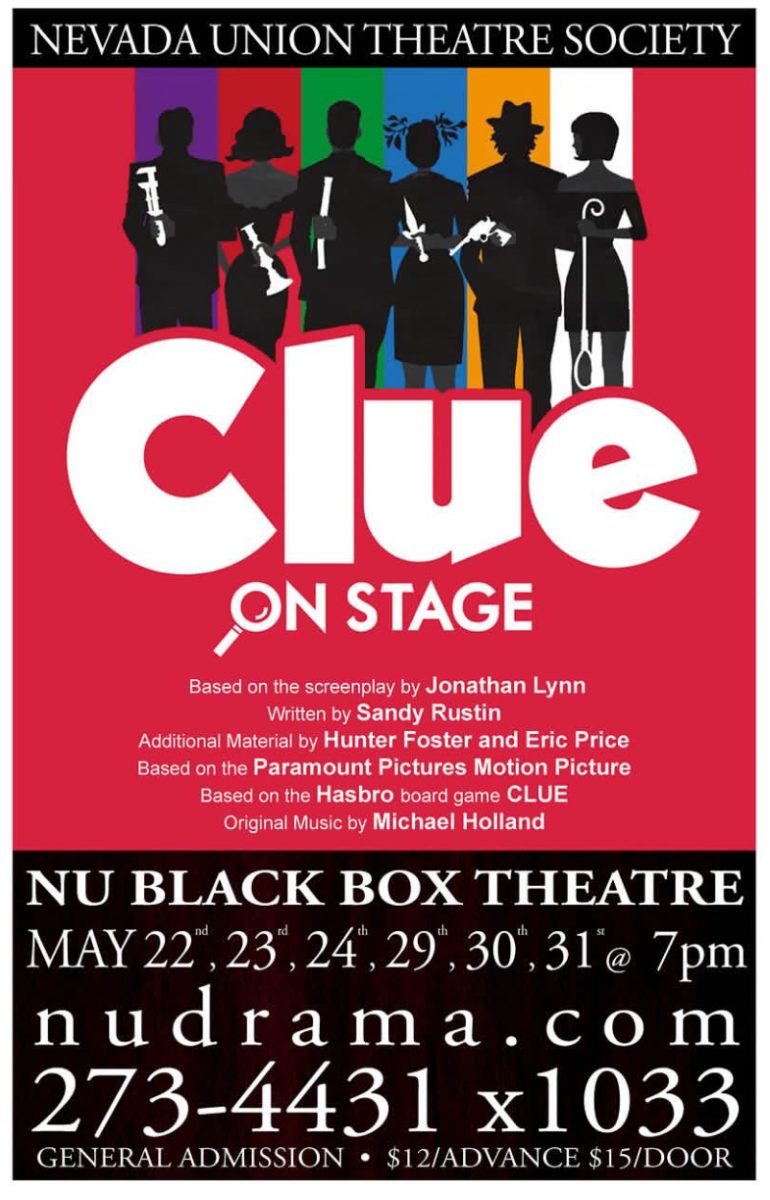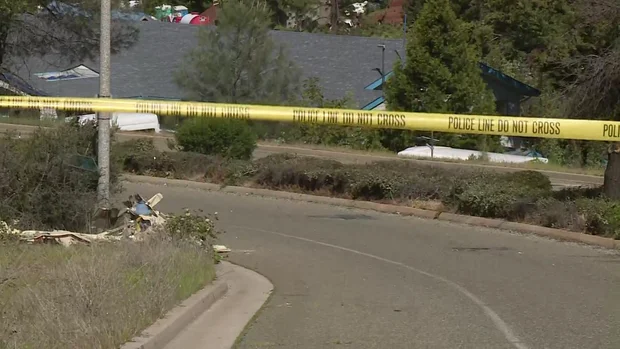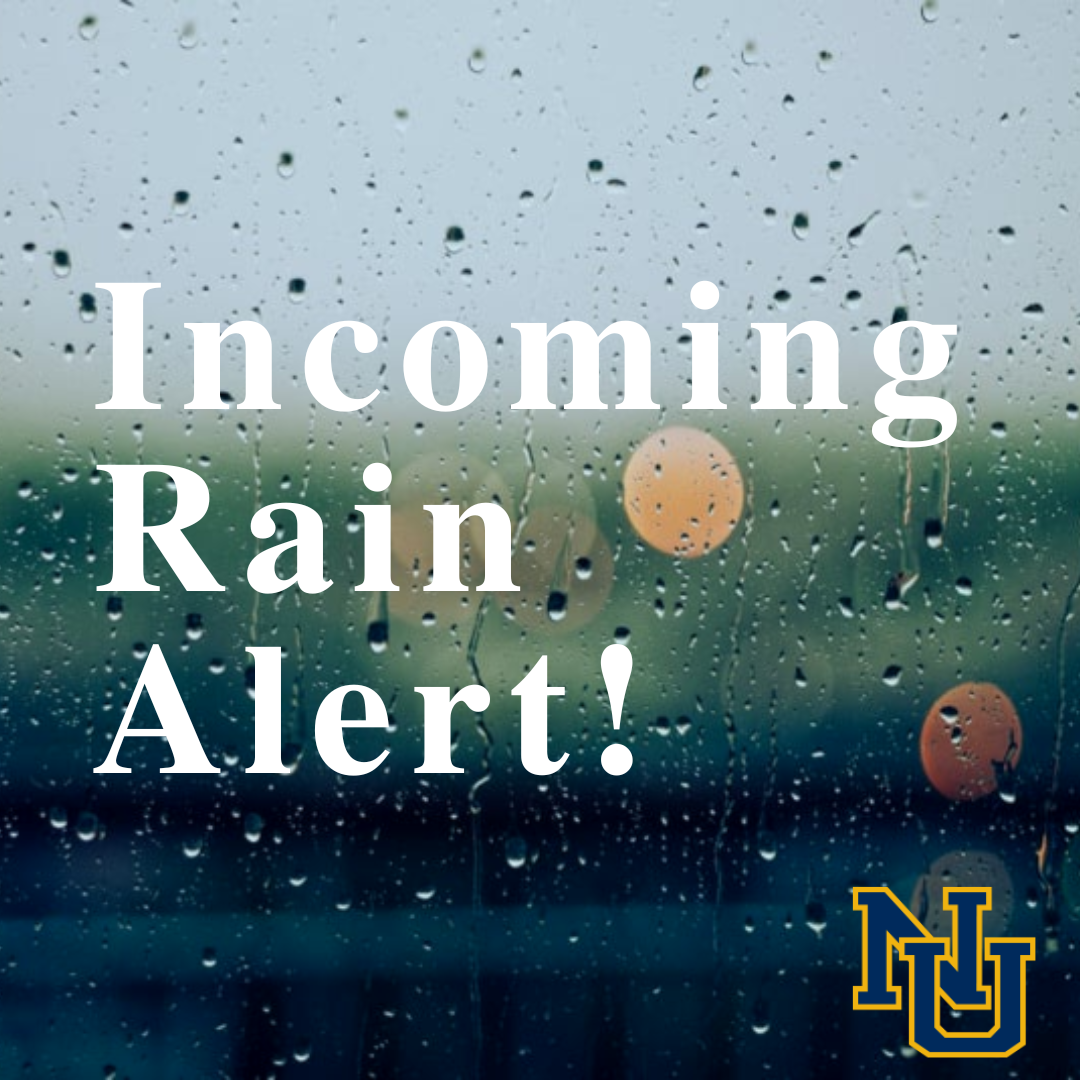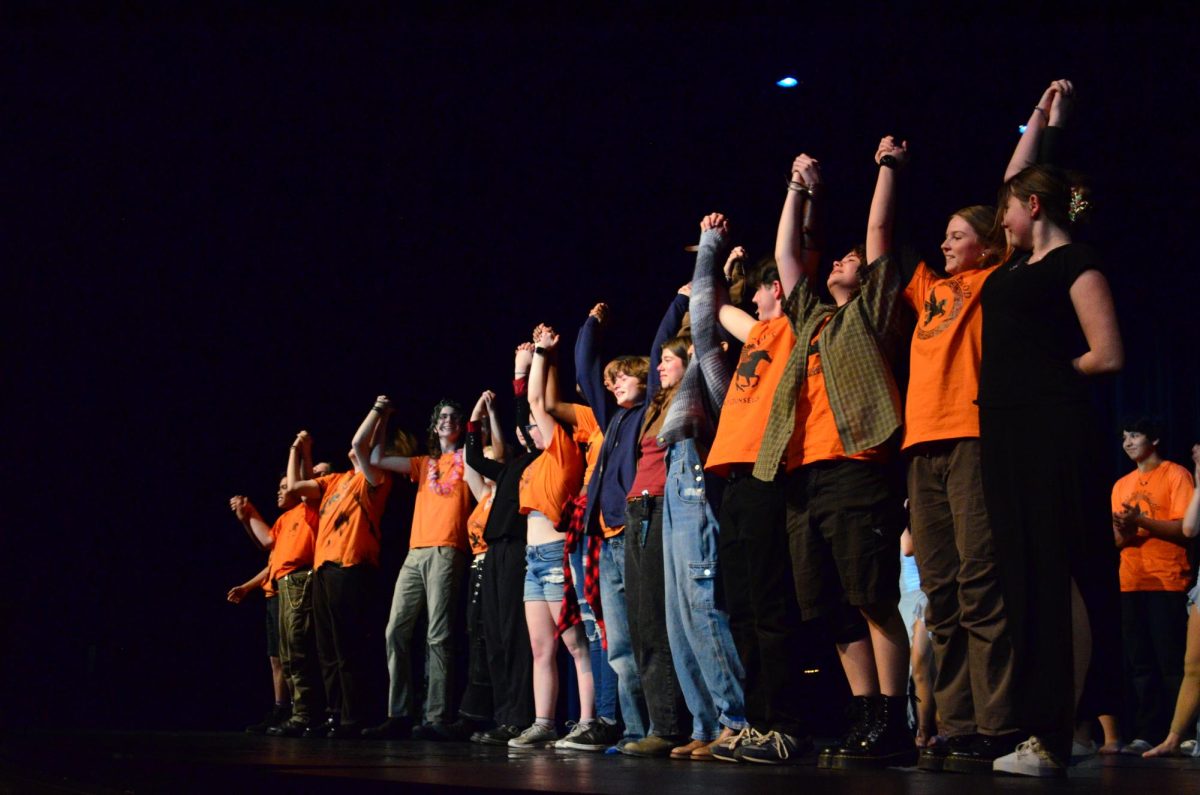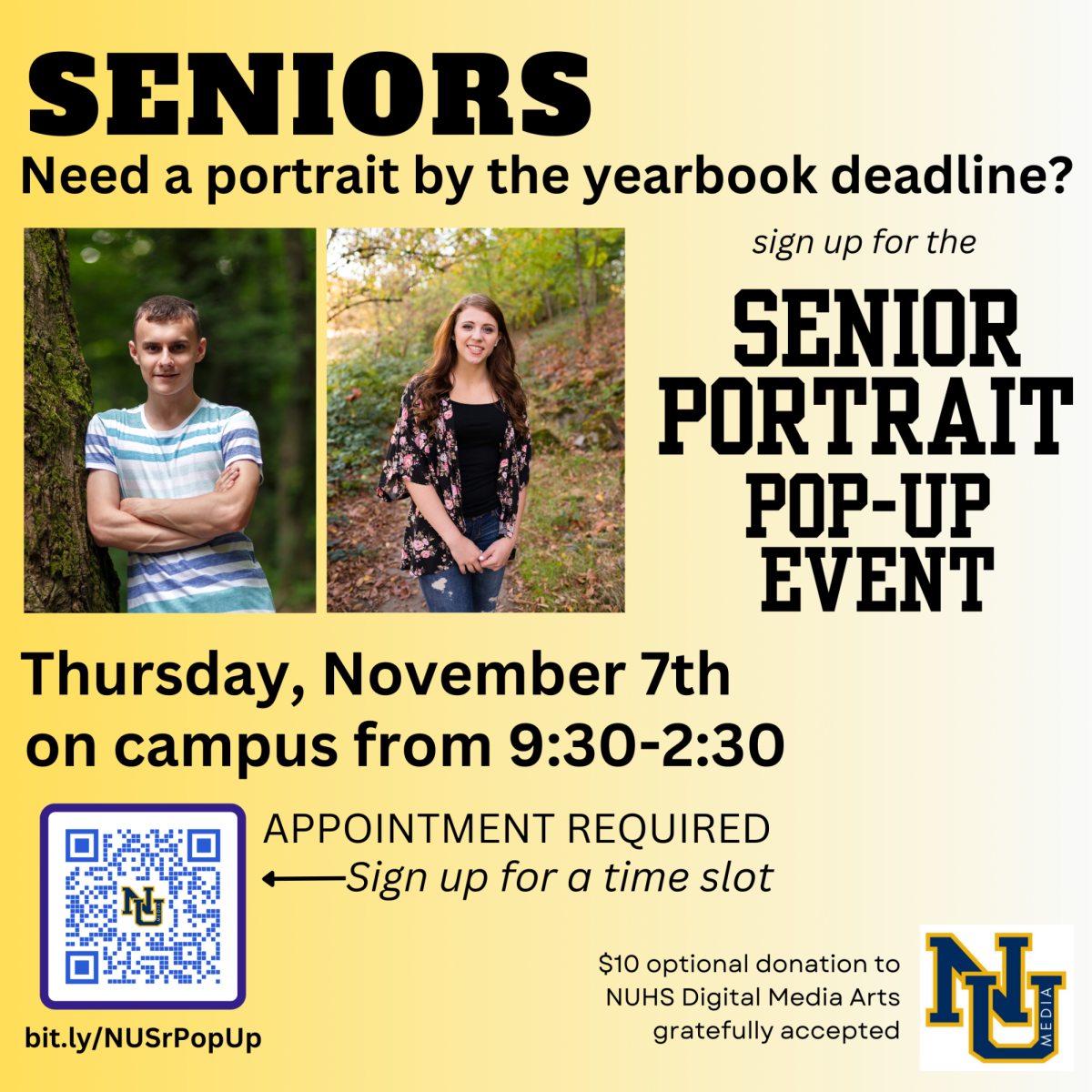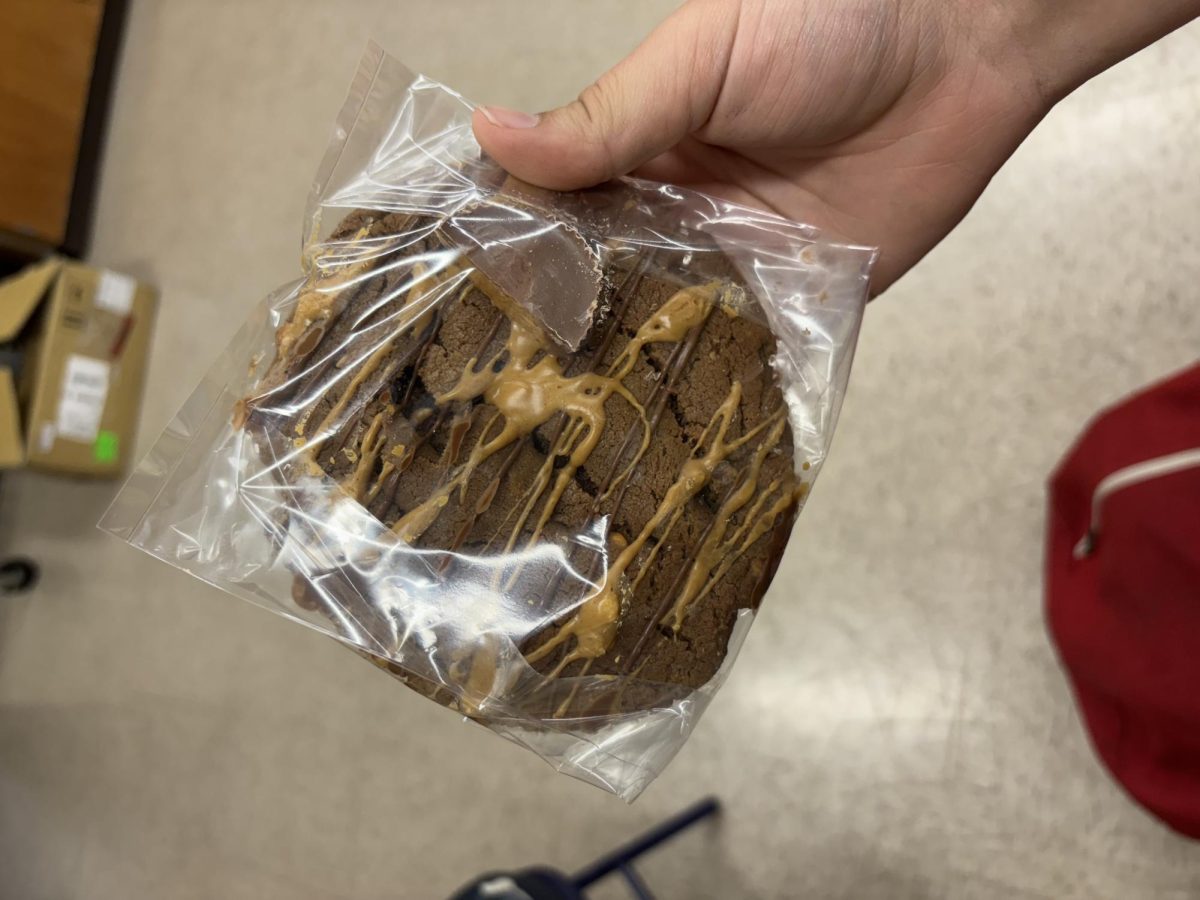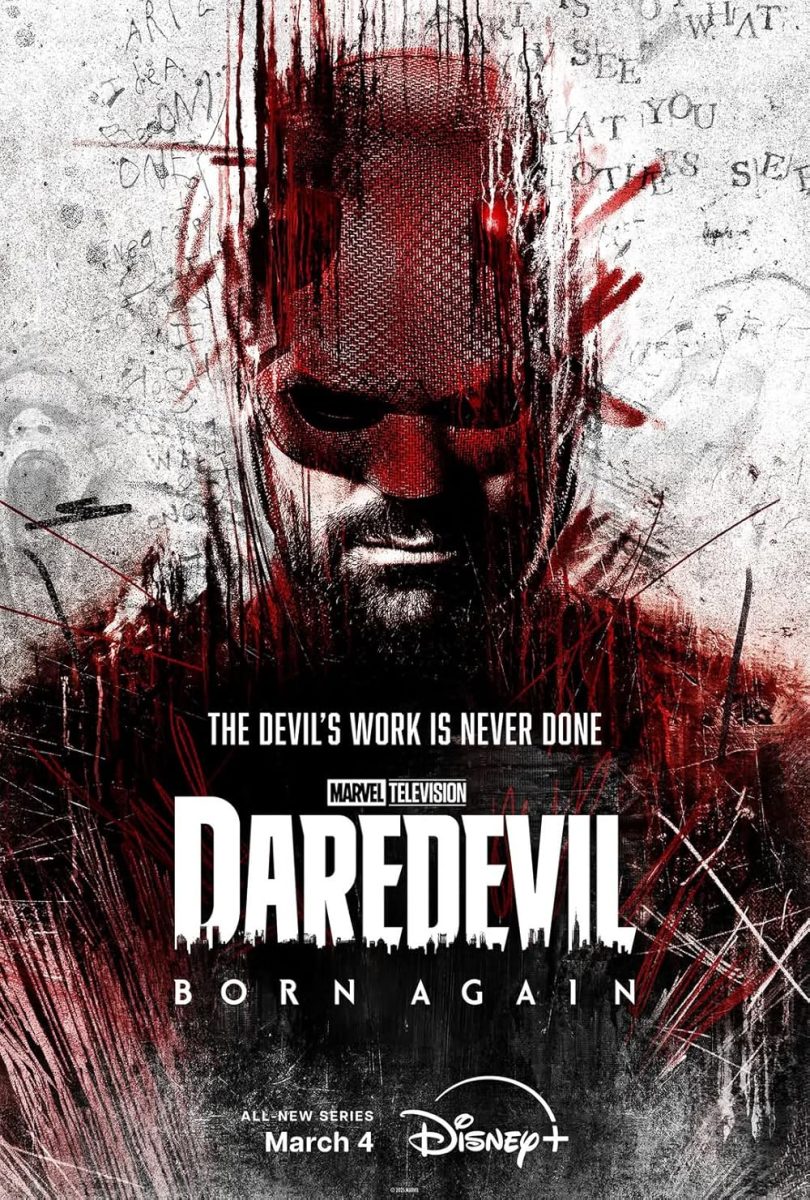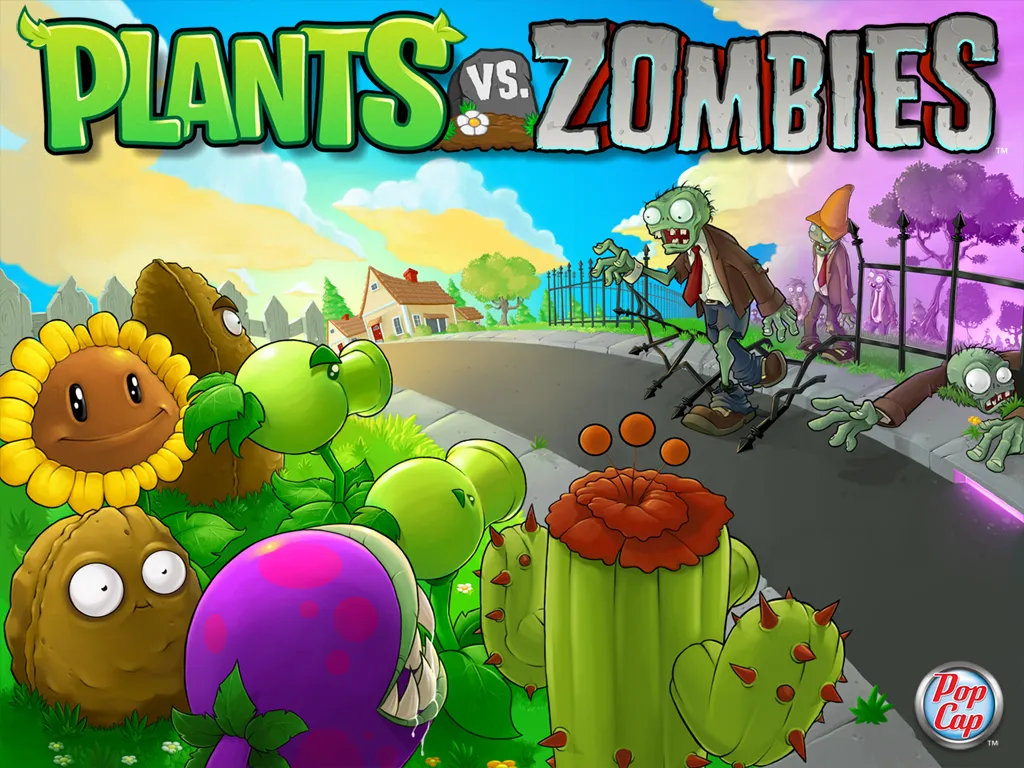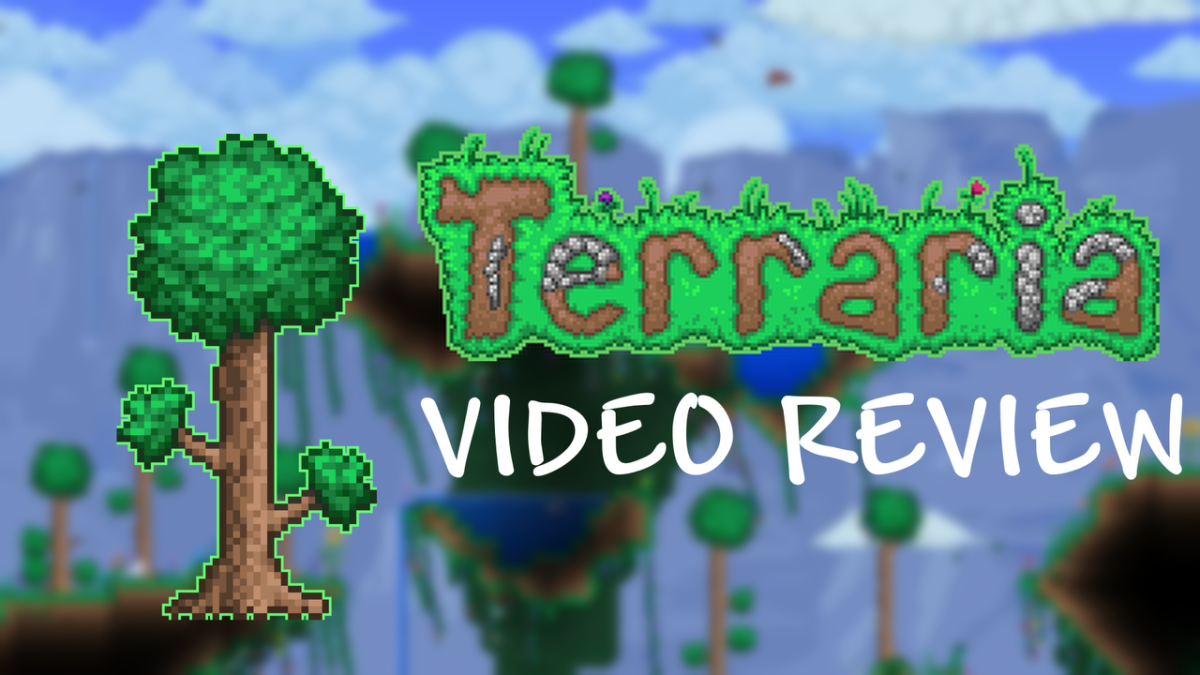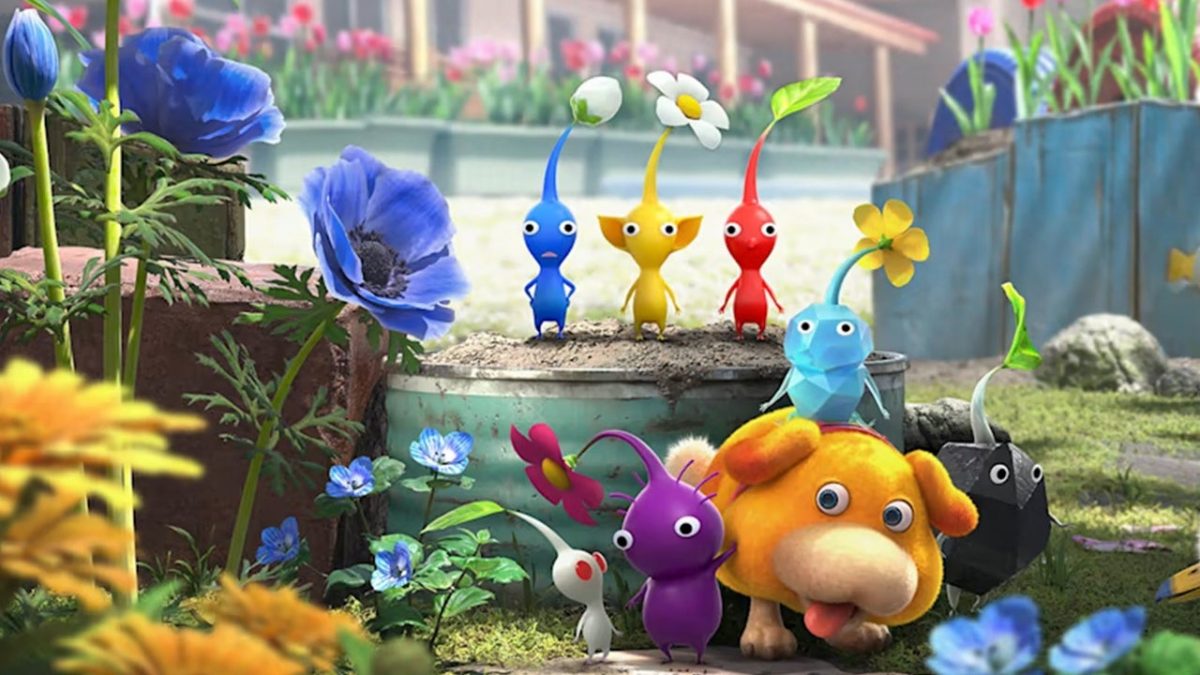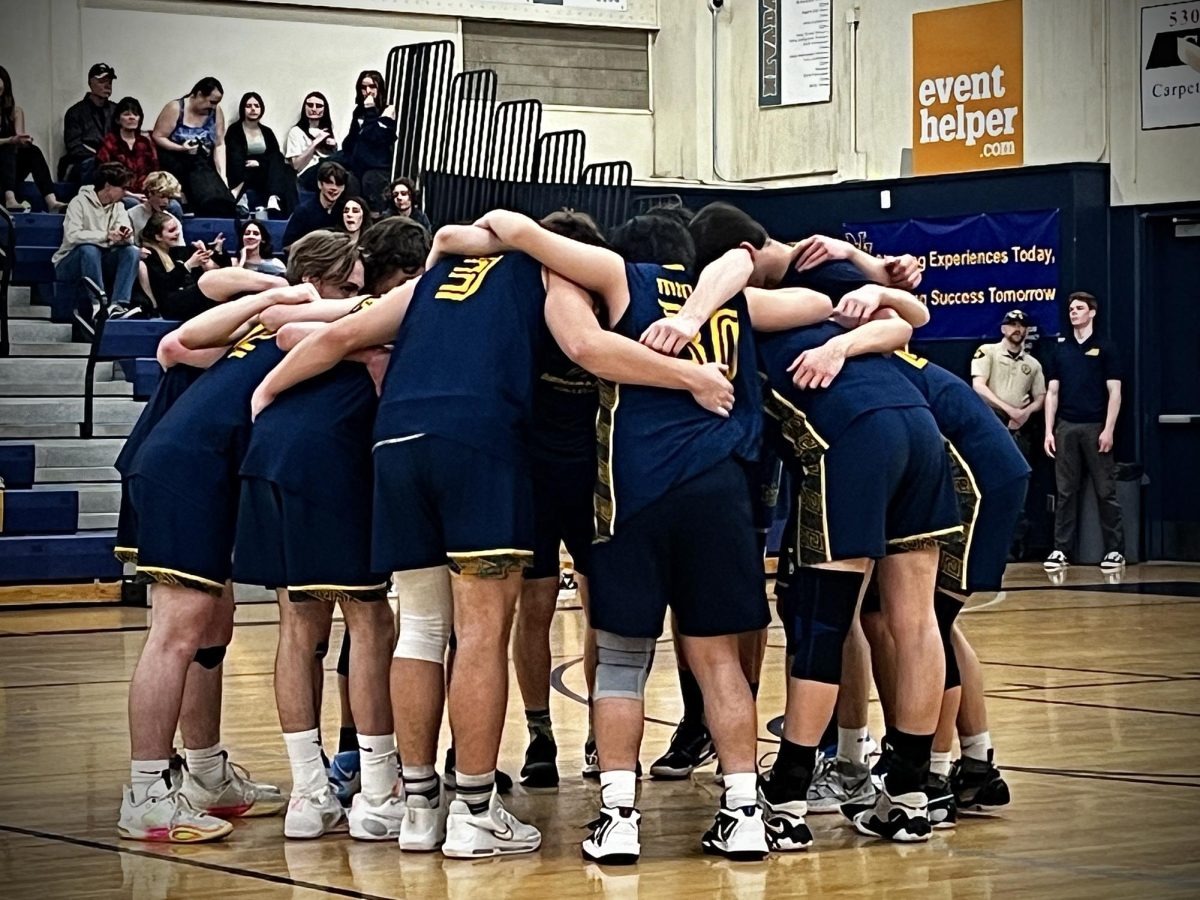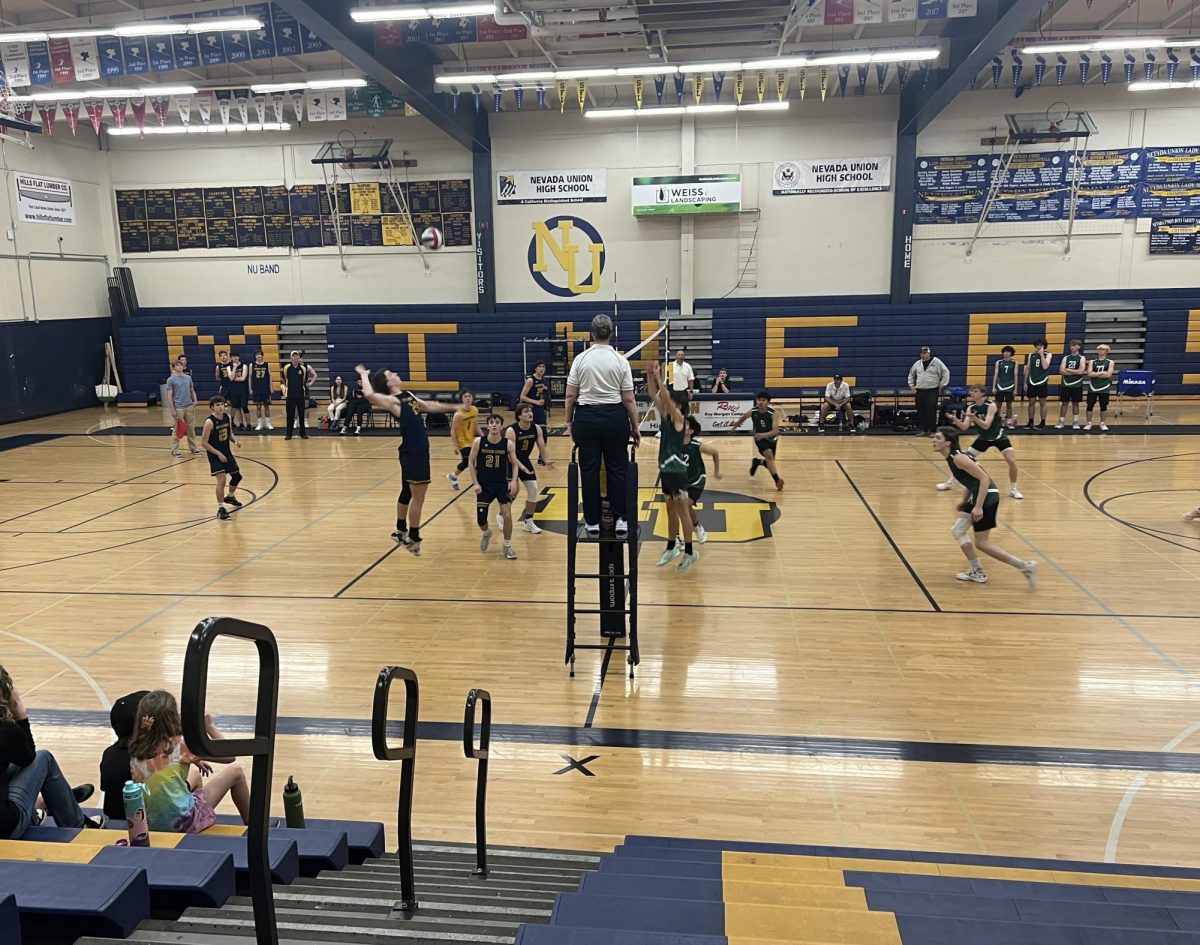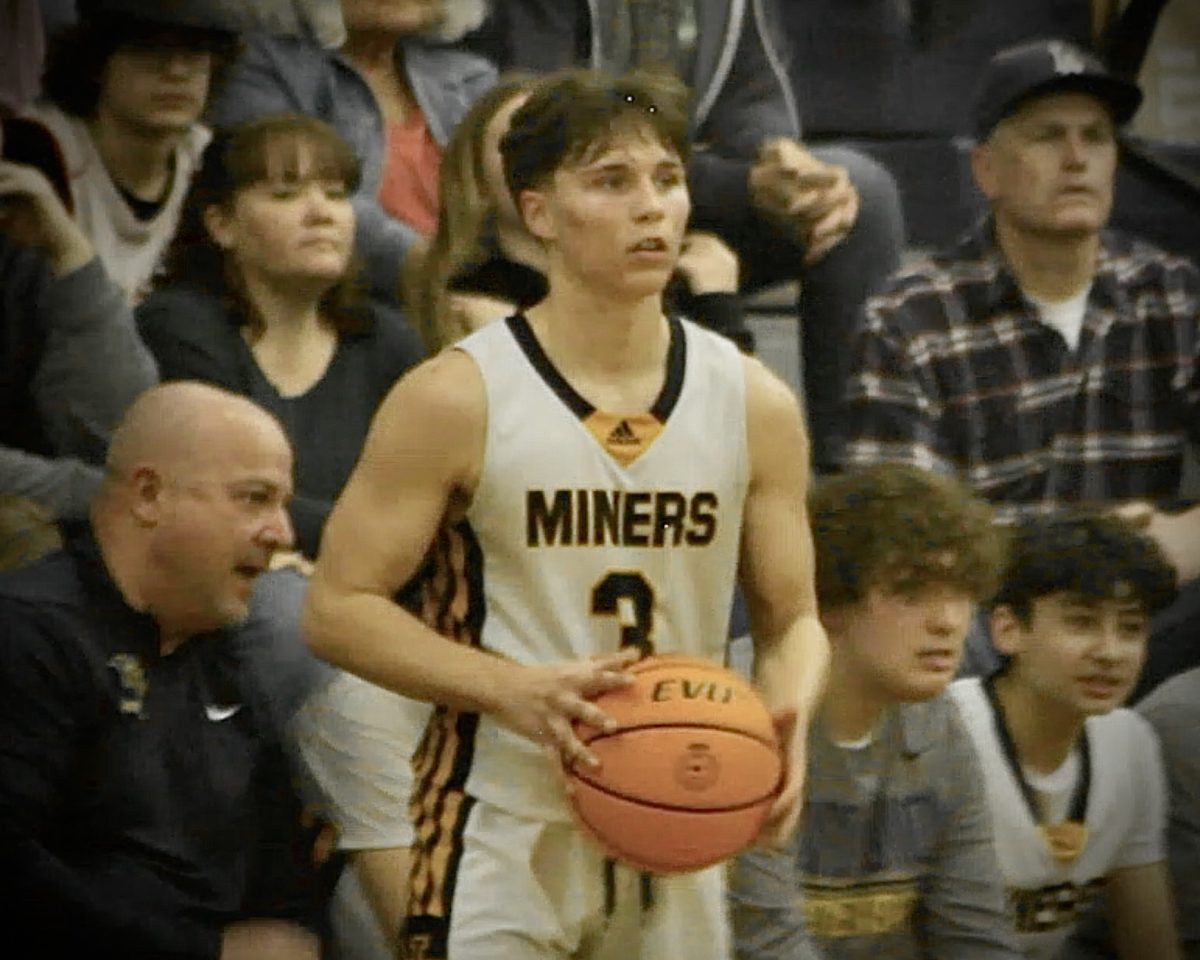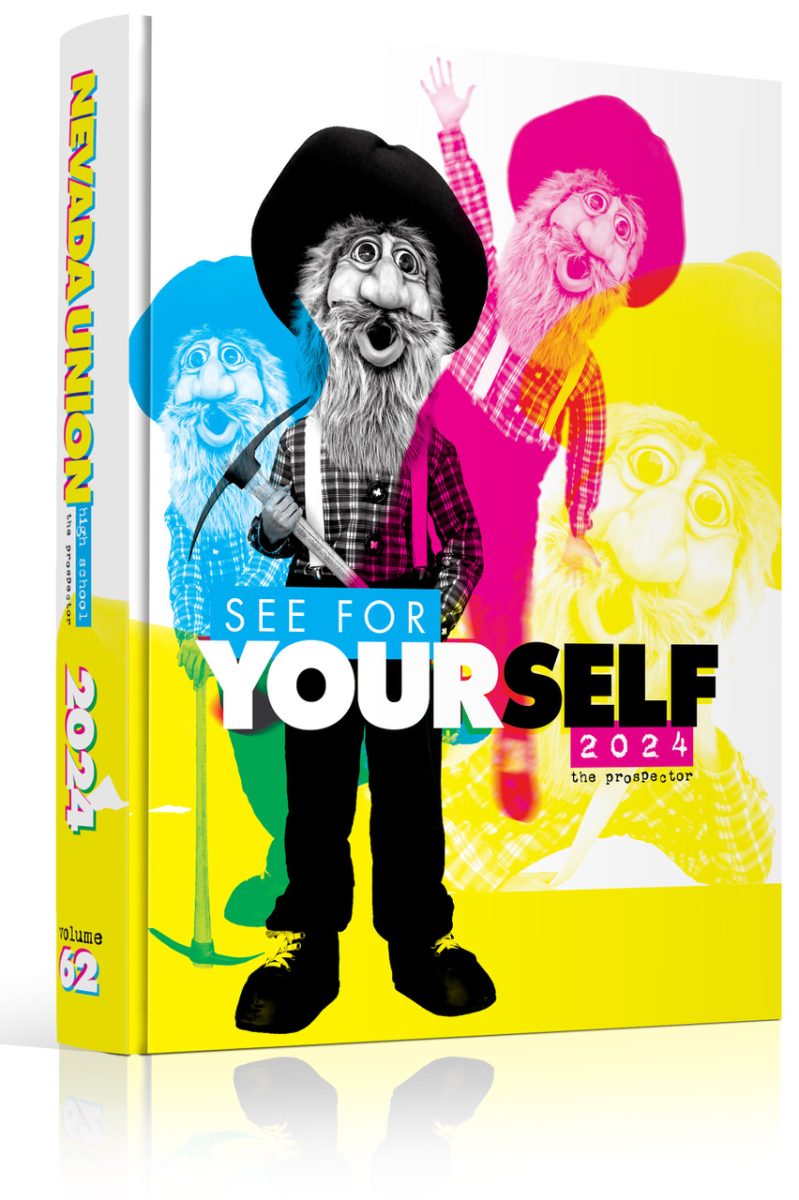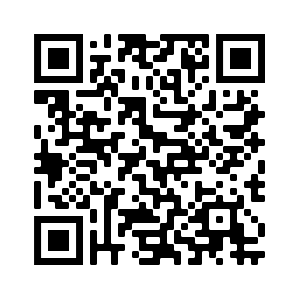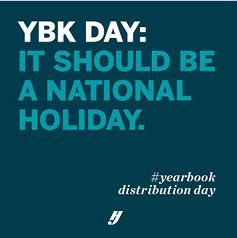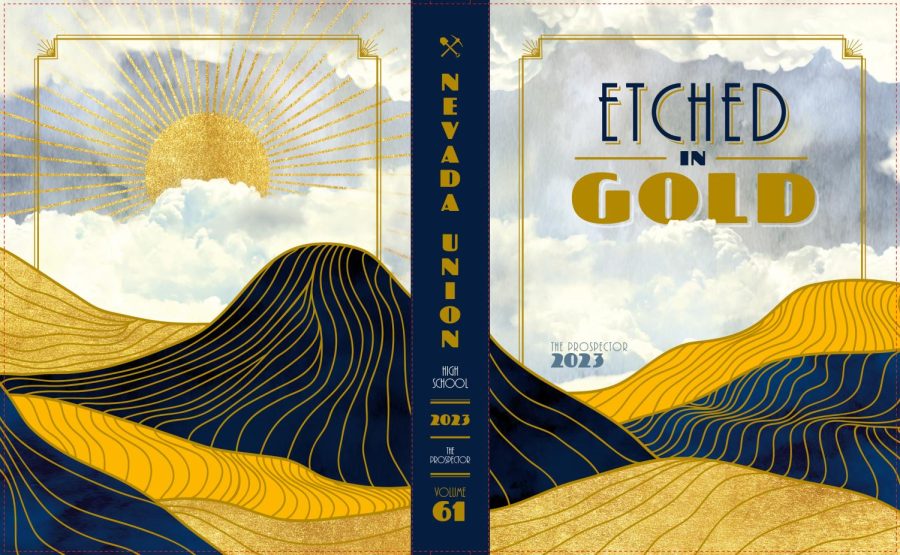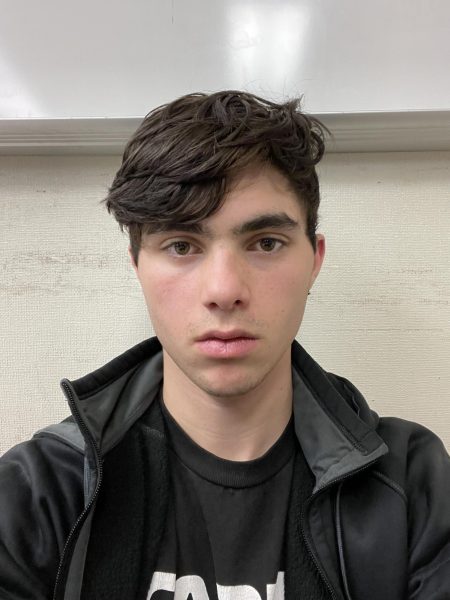Q: What’s your name and position at NU?
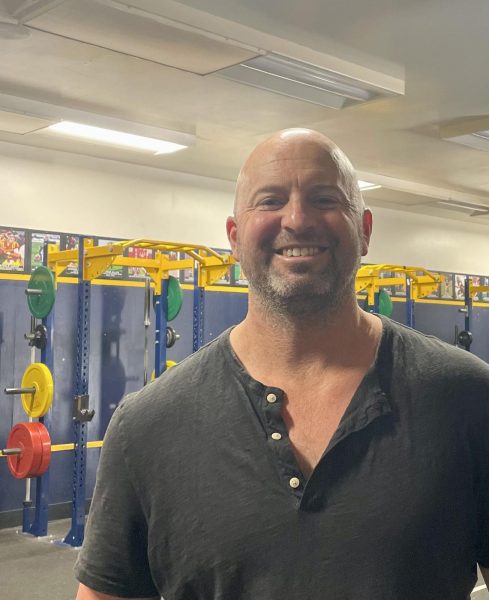
A: David Butterworth, strength coach and teacher of strength classes.
Q: Can you tell me a little bit about your background?
A: I grew up in San Diego. Big background of enjoying being outside and playing sports and doing outdoor activities. And then I had an older brother who was ten years older than me. He got into sports and got into lifting. One of his buddies who lived at the base of this big hill in San Diego County, they set up a gym in his garage. And I remember my brother taking me with him to that spot, and I could just watch them lift and stuff. And I was like six, and I remember getting fascinated with that at that time, that stuff. And so yeah, at some point later in my life I moved to Northern California, and I guess there’s a lot of little things in between, but that’s the basic beginning.
Q:What’s the background behind the dog fairies?
A: The dog fairies actually come from something we started in our own family with our young kids. It’s like another holiday that we made up that comes after what a lot of people call Christmas. So we celebrate the 25th of December, but we also celebrate a couple days later something called Dog 28. And dog, D-O-G, is Days of Great. So we celebrate the whole month of December as days of great and really as a microcosmic example of every day that could be thought of as a day of great. And just a chance to celebrate gratitude and have an attitude of gratitude and practice being grateful. There’s a big scavenger hunt on the morning of the 28th that we have said the dog fairies leave a note on the morning of the 28th. And the note is a treasure map basically of scavenger hunting clues that lead you from one spot to the other, usually around our property or wherever we are in our house or like if we’re traveling during that time, it might be at a hotel and around the grounds and stuff like that. But it basically ultimately leads to a finish of the treasure hunt and a big gift. And then we have a big feast later that morning and it’s really excused to just hang out with family and like celebrate life. Yeah. So anyway, it’s just something we made up.
Q: What is your favorite word and why?
A: Oh, I have a lot of feelings about words, so I could answer that very literally. But like my feelings on words are that they’re just like kind of like sounds that come out of our mouth. And the only reason they mean anything at all is because we’ve kind of like in various languages and cultures like you agree to share meaning revolving around a word. Ultimately, I don’t think we talk much in words. I think we talk in energy. Yeah. So like, in other words, like weeks from now or years from now or like 40 years from now, like you’re not going to remember what we talked about right now, but you might remember how it made you feel or something like that. There’s a word that is called glossolalia. It means it’s basically like if you’re speaking glossolalia, you’re speaking a bunch of nonsense doesn’t make any sense at all. So if I’m like aghughagh, or like to make up a bunch of random sounds like that, you don’t understand what I’m talking about. It’s like nonsensical stuff. That’s glossolalia.
Q: Is there any advice you would give to athletes or students in general?
A: Have fun with it. Because if you’re interested in something, you do it a lot. If you’re really interested in it, you spend a lot of time of your time thinking about it and exploring it. And if you do that a great deal, you end up getting really good at it. And that’s that’s that’s where a lot of richness in life comes from. I think so. And do what you dig.

